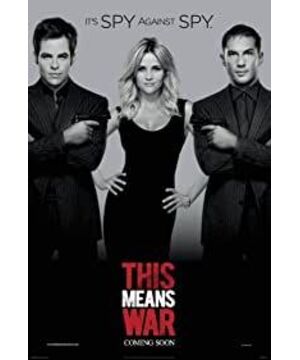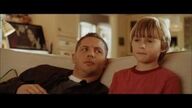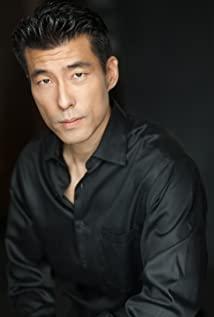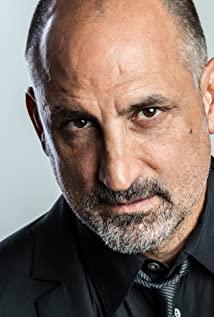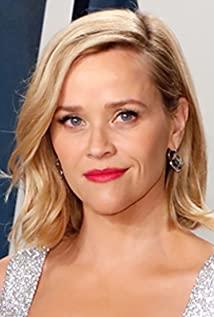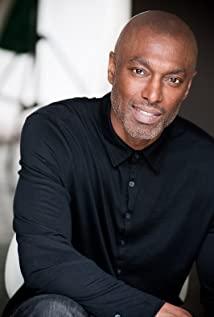But at the beginning of "Agents", the hero and heroine met in a disc store. When the two talked about Hitchcock's movies, I suddenly realized that once, the agents in the movie were born for love. of.
In Hitchcock's films, the earliest and accomplished "Agent" creator, under the cover of layers of action and suspense, the ultimate goal of the lonely agents is actually to find love. From the early "Beauty's Plan" to the later "North by Northwest", the core of Hitchcock's attention has always been the relationship between men and women in modern society.
This kind of love movie wrapped in the shell of the agent used to be the mainstream of the agent movie. In such a movie, the love value of the agent is about by detecting, taking risks, fighting, or making up for his own shortcomings or proving his loyalty, and then he can gain something in love. However, when television began to occupy the most important viewing time for audiences around the world, the value of the agents themselves began to invade the love that they originally depended on for survival.
Originally, compared to movies, "agents" can be a sufficiently independent subject, especially in this era when the external visual sense brought by agents is far more important than their hearts.
Speaking of visual sense, first of all, in terms of space, contemporary agents can and almost have to rush around the world. The visual sense that this requirement can create, needless to say, refer to "Mission Impossible 4"; secondly, Even if it is not exaggerated enough to travel all over the world, the agents must at least deal with the high-tech world that the audience does not know very well. Showing this high-tech world in a dazzling way is itself a box office win through visual effects. It's like you can remember the modified BMWs in the "007" series; in the end, of course, the agents have to fight, in contemporary movies, this is definitely no longer an ordinary fist or shootout, in this sense, Agents aren't even human. They're essentially no different from Alien, Godzilla, or Jaws. Agents are VFX, the visual basis for grandiose spectacles that are greatly reduced away from the big screen.
When the above visual and screen value of the agent begins to be excavated, exaggerated, publicized, and made into a gimmick that can be expected, what is the agent's love? "Bond Girls" tells us that the audience's focus is definitely not on "love". In fact, it is not objective to say that the audience's focus is on the "sexy" of the girls. The girls have largely become accessories to the agents. The so-called love is just an effort to establish a complete image of the agent. The more sexy the girl, the more it seems that the agent can be used to prove that the agent is also a human being and also has six emotions... After all, if only a cold-blooded superman is provided, the audience's opinion of the agent will be greatly reduced. The sense of identity is inevitably compromised. In this way, the love of an agent in contemporary movies seems to be a bridge between Superman and the audience. It's like a rope that ties the agent to the real world in which the audience lives, preventing the agent from flying too far beyond recognition.
So how lonely and lonely are the agents when they get farther and farther from their humanity for visuals, special effects, and box office, with only one rope left? From this point of view, "Agents" is really an interesting anti-contemporary agent-type film. You can even seriously think that this is a tribute to contemporary agents to their predecessors who originally valued love.
Of course, the thought is just a joke, but maybe that's why? In the film, agents and beauties discuss Hitchcock in a dazzling disc store.
View more about This Means War reviews


